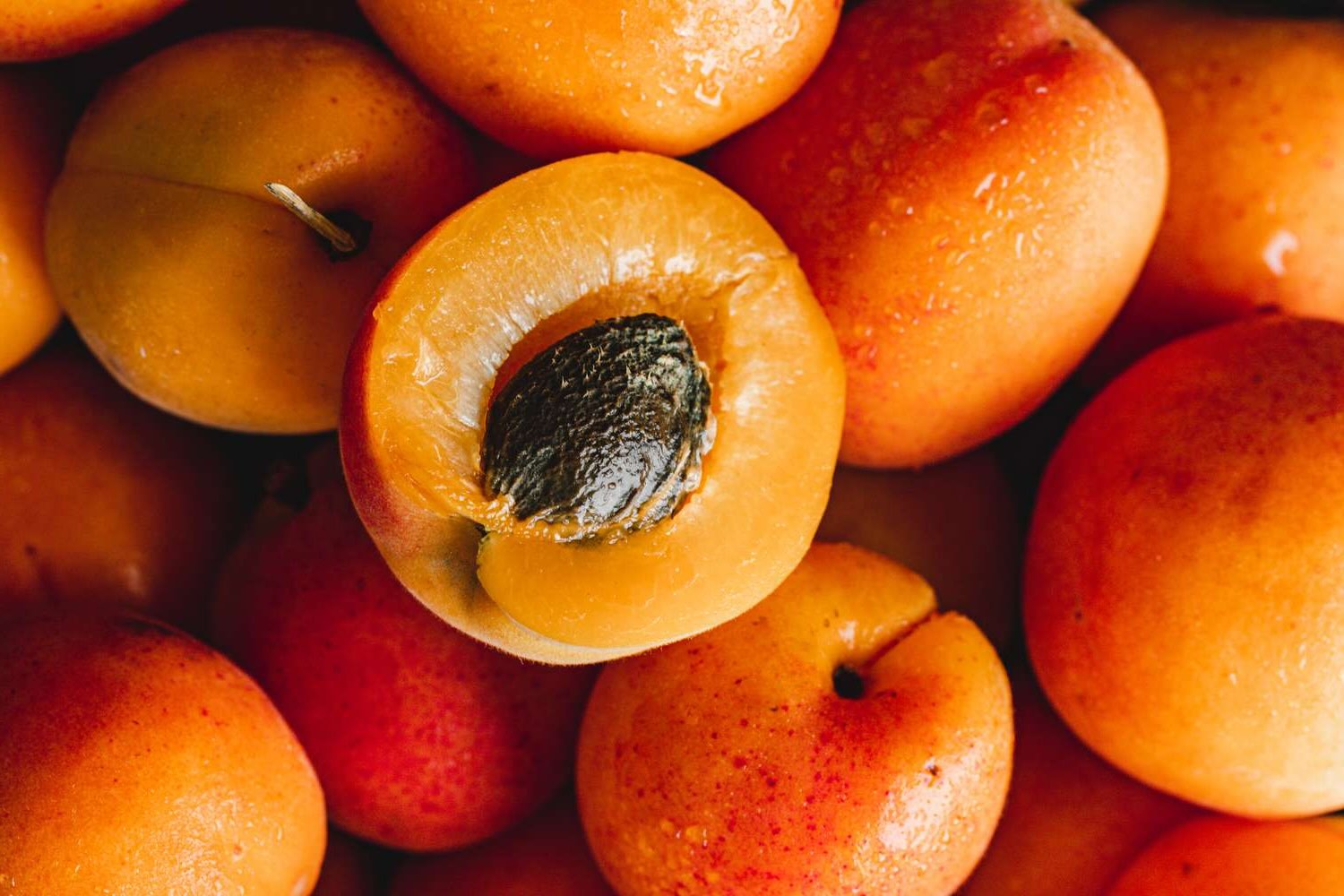
Apricots are more than just a tasty fruit; they pack a punch with their rich history and nutritional benefits. Originating from China, these golden gems have traveled the world, becoming a favorite in many cultures. Did you know that apricots are loaded with vitamins A and C, which are great for your skin and immune system? They also contain fiber, which helps with digestion. Whether you enjoy them fresh, dried, or in a jam, apricots offer a delightful mix of sweetness and tartness. Curious about more? Here are 28 fascinating facts about apricots that will make you appreciate this fruit even more.
What Are Apricots?
Apricots are small, golden-orange fruits with a velvety skin and a sweet, slightly tart flavor. They are enjoyed fresh, dried, or in various culinary dishes. Let's dive into some fascinating facts about this delightful fruit.
Nutritional Powerhouse
Apricots pack a punch when it comes to nutrition. They are rich in vitamins, minerals, and antioxidants that benefit overall health.
- Apricots are an excellent source of vitamin A, which is crucial for maintaining good vision, skin health, and immune function.
- They contain vitamin C, which helps boost the immune system, promotes healthy skin, and aids in the absorption of iron.
- Apricots are rich in fiber, aiding digestion and helping maintain a healthy weight.
- They provide a good amount of potassium, which helps regulate blood pressure and maintain proper heart function.
- Apricots contain antioxidants like beta-carotene and polyphenols, which help protect cells from damage caused by free radicals.
Historical Significance
Apricots have a rich history that dates back thousands of years. Their journey across the globe is quite fascinating.
- The apricot is believed to have originated in China over 4,000 years ago.
- Alexander the Great is credited with introducing apricots to Greece and the Mediterranean region.
- The fruit was brought to Europe by the Romans, who called it "praecocium," meaning "early ripening."
- Spanish explorers introduced apricots to the New World in the 18th century.
- California is now one of the largest producers of apricots in the United States.
Varieties of Apricots
There are numerous varieties of apricots, each with its unique flavor, texture, and appearance.
- The Blenheim apricot is known for its sweet, juicy flavor and is often considered the best variety for fresh eating.
- Moorpark apricots are larger and have a rich, tangy flavor, making them ideal for drying and preserving.
- Tilton apricots are known for their firm texture and are often used in canning and baking.
- The Katy apricot is an early-ripening variety with a sweet, mild flavor.
- Royal apricots are prized for their large size and sweet, aromatic taste.
Health Benefits
Consuming apricots can have numerous health benefits, thanks to their rich nutrient profile.
- The high fiber content in apricots helps promote healthy digestion and prevent constipation.
- Antioxidants in apricots can help reduce inflammation and lower the risk of chronic diseases.
- The vitamin A in apricots supports eye health and may help prevent age-related macular degeneration.
- Potassium in apricots helps maintain healthy blood pressure levels and supports heart health.
- Apricots have a low glycemic index, making them a good choice for people with diabetes.
Culinary Uses
Apricots are incredibly versatile and can be used in a variety of culinary applications.
- Fresh apricots can be eaten as a snack or added to salads for a burst of sweetness.
- Dried apricots are a popular ingredient in trail mixes, granola bars, and baked goods.
- Apricots can be used to make jams, jellies, and preserves that capture their sweet-tart flavor.
- They are often used in desserts like pies, tarts, and cakes.
- Apricots can be incorporated into savory dishes like tagines, stews, and sauces for a unique flavor twist.
Fun Facts
Apricots have some quirky and interesting facts that make them even more intriguing.
- Apricot kernels contain amygdalin, a compound that can be toxic in large amounts, so they should be consumed with caution.
- The word "apricot" comes from the Latin word "praecocium," meaning "early ripening," reflecting the fruit's tendency to ripen early in the season.
- In some cultures, apricots are considered a symbol of good luck and are often given as gifts during celebrations.
Apricots: A Fruit Worth Knowing
Apricots pack a punch with their nutritional benefits, rich history, and versatile uses. From ancient times to modern kitchens, these little fruits have made a big impact. They’re not just tasty; they’re loaded with vitamins, fiber, and antioxidants. Whether you eat them fresh, dried, or in a jam, apricots offer a delightful mix of sweetness and health benefits.
Their journey from the wilds of China to your local grocery store is a testament to their enduring appeal. Apricots have been cherished by various cultures for centuries, and it’s easy to see why. They’re a perfect snack, a great addition to recipes, and even a natural remedy for some ailments.
Next time you’re at the store, grab a few apricots. Enjoy their taste, and remember all the amazing facts you’ve learned about this incredible fruit.
Was this page helpful?
Our commitment to delivering trustworthy and engaging content is at the heart of what we do. Each fact on our site is contributed by real users like you, bringing a wealth of diverse insights and information. To ensure the highest standards of accuracy and reliability, our dedicated editors meticulously review each submission. This process guarantees that the facts we share are not only fascinating but also credible. Trust in our commitment to quality and authenticity as you explore and learn with us.
